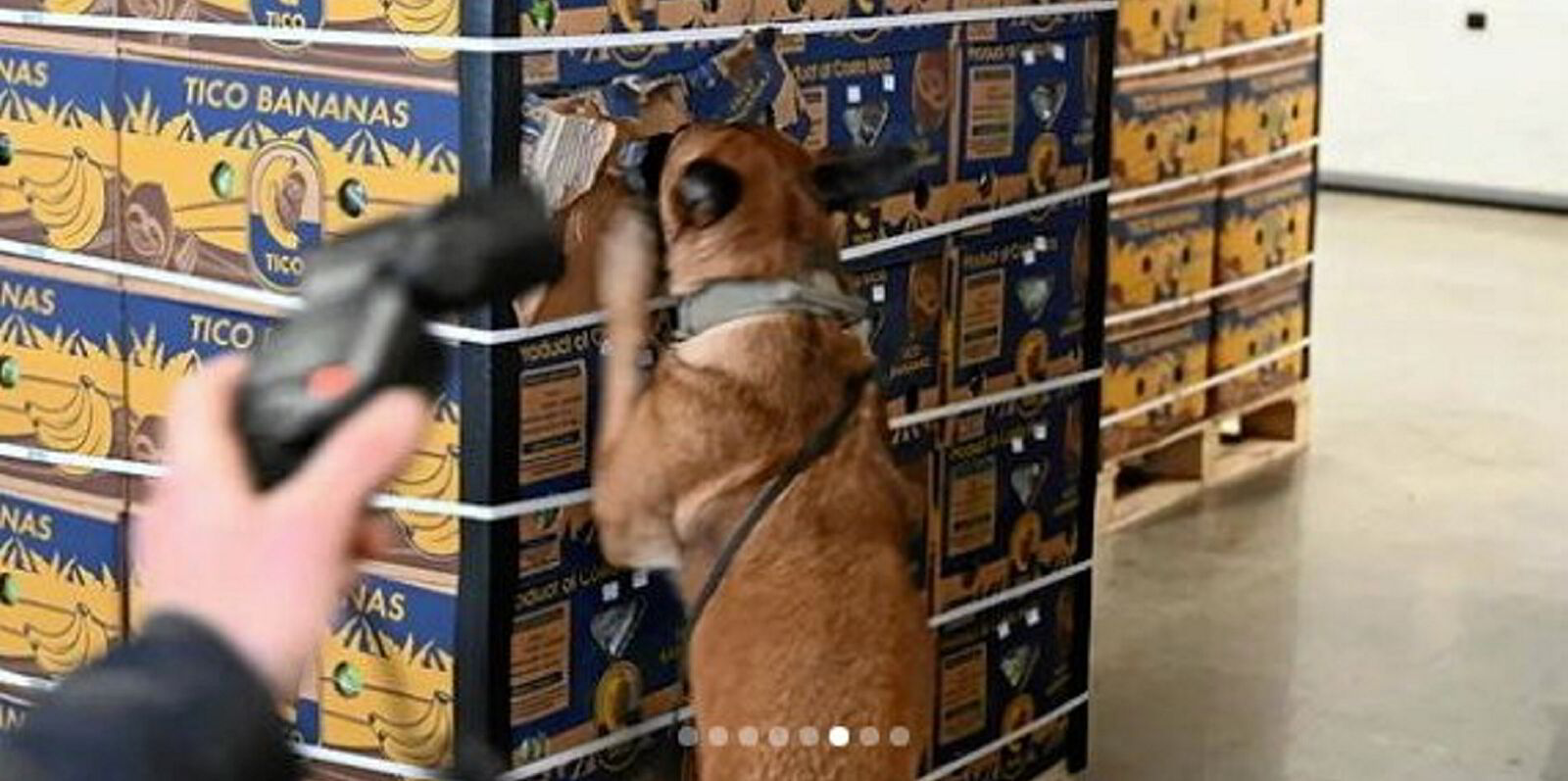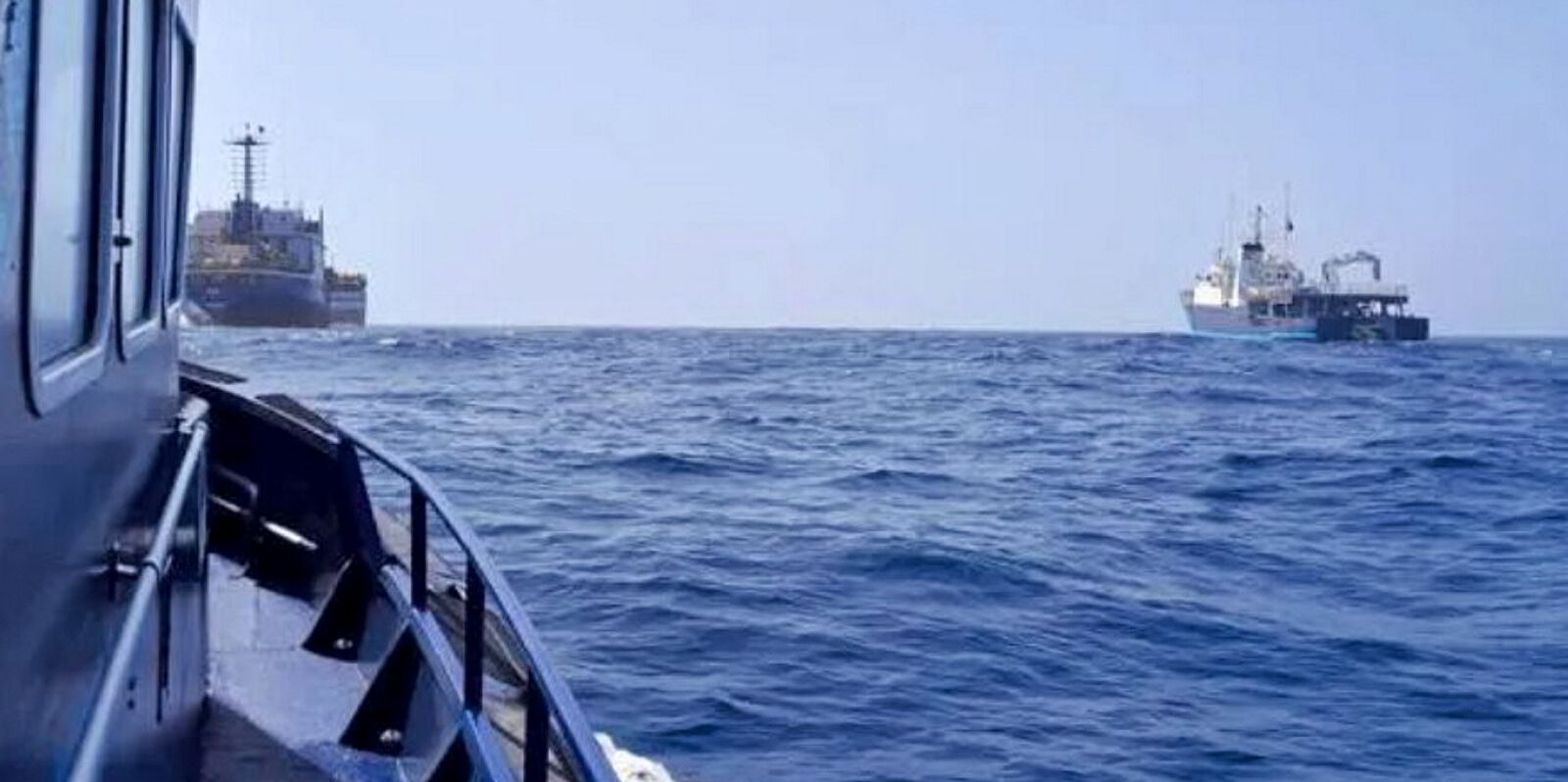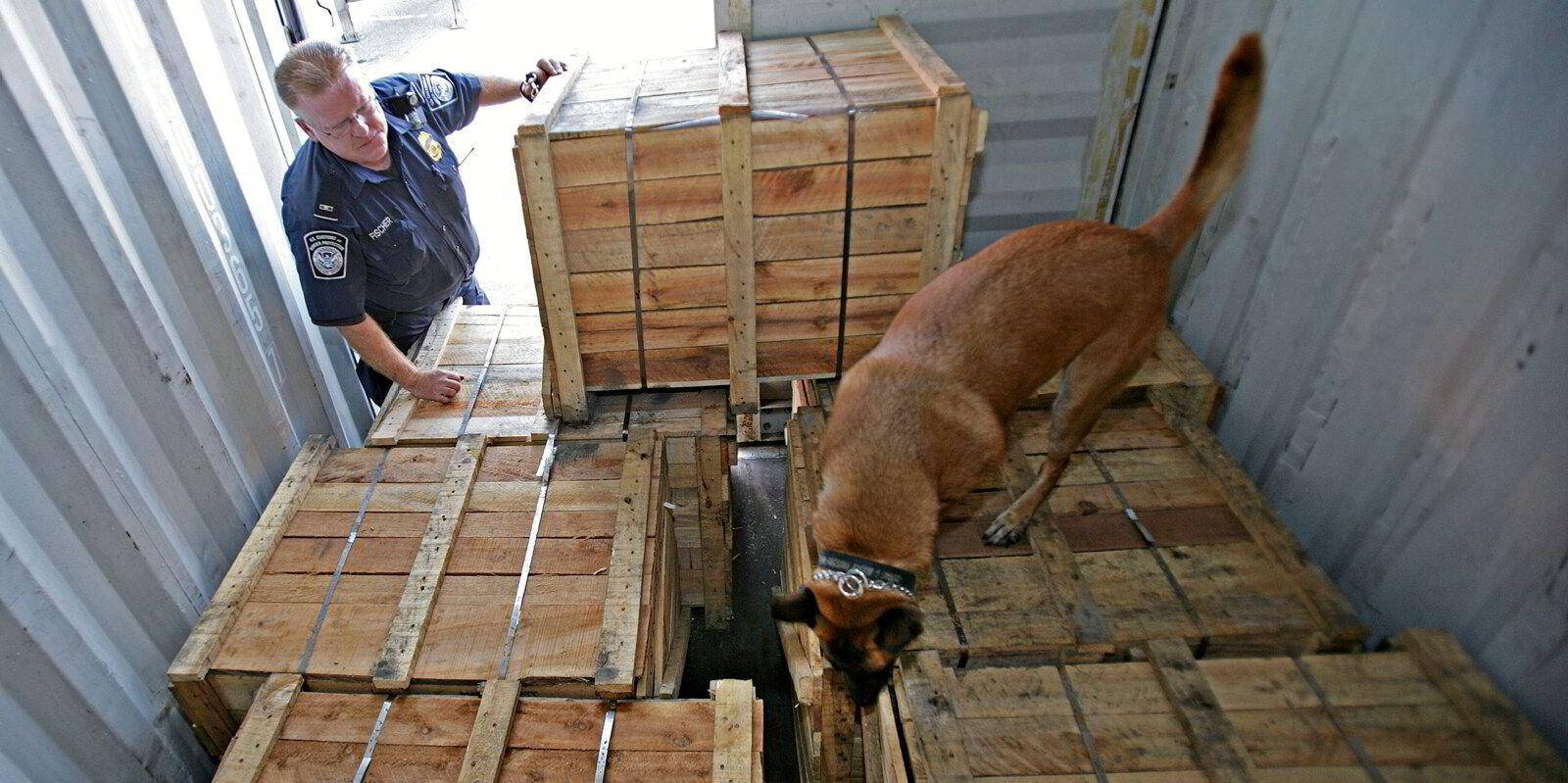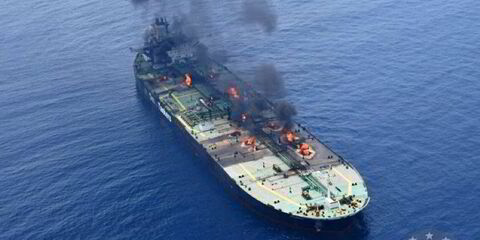Europe’s two largest container ports have introduced new systems to hamper criminals from paying corrupt insiders for key shipping codes to steal containers with hidden caches of drugs.
Officials found that criminal gangs had taken advantage of the widespread sharing of unique computerised details of a container to infiltrate supply chains and claim the valuable cargoes as their own.
The scheme — known as PIN code fraud — relied on gangs paying hundreds of thousands of euros to corrupt insiders involved in shipping logistics to hand over the code.
It allowed a lorry driver pretending to be the legitimate client to collect the container with drugs stowed inside and to drive off with it. Once outside the port, the drugs are recovered and the container is dumped.
European policing agency Europol warned last year that more than 200 tonnes of cocaine had been transported through Rotterdam and Antwerp since the technique had gained popularity after 2018 among criminal gangs.
But new systems now in operation at the two ports limit the number of people who get to see the code and issue it later in the process, once the final transporter of the container is known, according to a joint submission to the International Maritime Organization by Belgium and the Netherlands.
The port of Antwerp said the “certified pick-up” system reduces “the risk of abuse in the process of picking up a container from a terminal”.
It “offers a more transparent, secure and efficient alternative” to the PIN code process, said the submission.
It added that the port of Rotterdam has imposed tighter controls around the companies involved in the logistics chain to limit the chances of containers being stolen.
The tactic of PIN code fraud had become popular with drug gangs because it does not need a network of corrupt staff within a port to make it work.
It requires only a driver working for the gang and a corrupt insider able to hand over the code, said Europol.
The system only came to light when the port at Rotterdam discovered that containers were going missing, turning up at the wrong places or had been dumped.

The technique of limiting information around shipments has been adopted elsewhere in the world, said Bjorn Hartong, global head of risk engineering marine, security and supply chain at Zurich Resilience Solutions.
He told TradeWinds at the International Union of Marine Insurance in Berlin last month that some supply chains in Mexico had been broken up into smaller cells because of widespread criminal infiltration.
It meant that logistics workers working on one part of the shipment did not know the final destinations for cargoes, limiting the possibilities for corruption and the loss of cargoes.
He said it was previously unclear who might have leaked the code because many people would have had the chance to see the data. “So now it’s all on a real need-to-know basis,” said Hartong.
Read more
- Narcos trying to smuggle huge stash of cocaine onto ship thwarted by crew in Brazil
- Proposed US fentanyl crackdown aims to inspect all ships for synthetic drugs
- Smugglers busted trying to ship $270m of meth into Australia
- Cocaine carrying bulk carrier ordered onto the auction block by Indian court
- Gibsons brokers planning big fundraising drive to build ‘school of hope’ in Kenya





